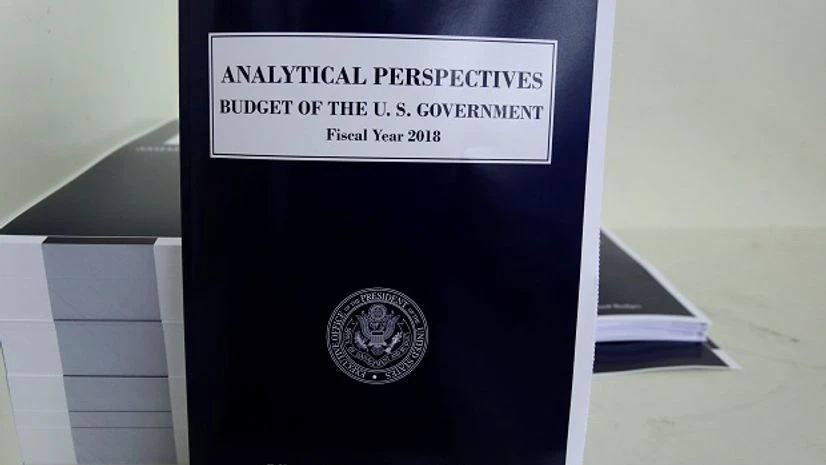US President Donald Trump's proposed budget estimates that the federal government could save $35 billion over the next decade by rolling back regulations governing Wall Street.
The White House does not detail how those savings, which are equivalent to the annual economic output of the Democratic Republic of Congo, would be realised. But the administration said an ongoing review of existing financial rules "will likely result in proposals that will provide significant savings to the federal government."
While it is not expected to be passed by Congress, the financial year (FY) 2017-18 budget unveiled by the White House on Tuesday hews closely to Trump's view that slashing financial regulations would boost the economy.
Treasury Secretary Steven Mnuchin is currently conducting a comprehensive review of the impact of the 2010 Dodd-Frank financial reform legislation. An initial report recommending policy changes is expected to come at the beginning of June.
The White House's projected savings from easing financial rules exceed estimates offered by the Congressional Budget Office. That policy scorekeeper calculated that $24 billion would be saved over a decade if a broad Dodd-Frank rollback bill currently in the House of Representatives were passed.
Also Read
Most of those savings identified by CBO come from eliminating a Dodd-Frank provision allowing the government to step in and wind down failing financial institutions, and by placing tighter control over the funding of the Consumer Financial Protection Bureau (CFPB), which was set up to protect consumers from predatory lending.
Trump's budget would give control of funding that agency to Congress, a policy change sought by Republicans eager to rein it in. Currently, the CFPB gets its funding from the Federal Reserve.
The White House estimates that moving oversight of the CFPB to Congress would save the federal government $6.8 billion over a decade. However, the budget proposal does not account for any funds appropriated to the CFPB beyond FY18.
The Office of Financial Research, also created by Dodd-Frank to gather data on financial markets, is facing a 28 per cent budget cut under the new plan.
The Commodity Futures Trading Commission and US Securities and Exchange Commission would see their budgets hold steady at $250 million and $1.6 billion, respectively, under the new budget.
The CFTC is pushing for an additional $31 million in funding in its own budget request.

)
